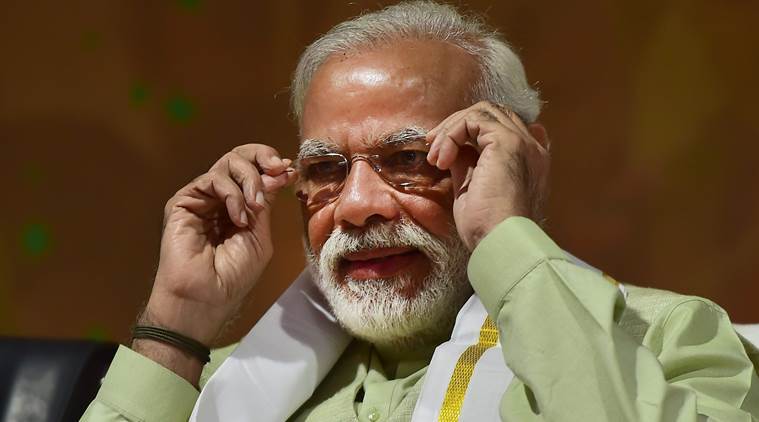Another report has confirmed India’s position as the fastest growing economy in the following decade. This new report is from the Centre for International Development (CID) of Havard University, United States. The report said that India tops the list of fastest growing economies. India is expected to grow at 7.9 percent annually in the following decade, which is more than that of China. Indian economy has seen its fair share of silver linings in recent day. Few months before Moody’s has upgraded India’s credit rating from investment grade Baa3 to Baa2, it also changed India’s outlook from ‘stable’ to ‘positive’.
The report from Centre for International Development(CID) mentioned that countries like India and Vietnam will be growing the fastest in coming days because they have diversified their economies into many complex sectors. According to the Harvard report “India tops the list as the fastest growing country for the coming decade, at 7.9 per cent annually, in the economic complexity growth projections. India has made inroads in diversifying its export base to include more complex sectors, such as chemicals, vehicles, and certain electronics”.
Indian economy was slowing down in the last years of the UPA government (2012-2014) , but the economy picked up pace again when the new BJP government came with a full majority of its own in the Lok Sabha. The government undertook a series of reforms in land, labor and taxation sector. The fruits of these reforms have started showing up with India projected as the fastest growing major economy for the next decade in every government and non-government study.
The PM Modi led government has had a pro-active stance on the economic growth of India. In the form of GST, it took one of many monumental steps to reform Indian economy. Insolvency and bankruptcy code (IBC), 2016 is very effective in faster decision making for companies. Before IBC you could open a company easily in India but you could not shut it down even if it is a loss making unit. Several loss making units like Hindustan Machine Tools (HMT) are prime examples of how tedious it was to exit from the market before the introduction of IBC. IBC has been able to solve many high profile cases like that of Bhushan steel.
Centre for International Development (CID)’s Director Prof Ricardo Hausmann is hailed as an expert in the field of Development Economics. Prof Ricardo of Harvard Universirty, while releasing the Harvard report, said “India, Turkey, and the Philippines have successfully added productive capabilities to enter new sectors and will drive growth over the coming decade”.
India was the second fastest growing major economy in the previous decade, in the following decade it will be the fastest growing economy by overtaking China. ‘If India continues to diversify the variety of products the country produces, it will prove to be a major factor in improving the growth of the Indian economy’, the Harvard report added. Till now India was being run with socialist mindset. This is the first government which is serious about privatization of loss making government units, having taken initiative of Air India’s privatization. Air India was one of the largest loss making government units held by the government, but previous governments were reluctant to privatize the unit. The losses were directly a burden on honest, tax paying citizens.
The present government has also opened many sectors for Foreign Direct Investment (FDI). This decision is helping to bring in massive amounts of funding from foreign countries into the Indian Economy. According to a report by Financial Times, India overtook China as top destination for FDI in 2015. In the Financial year of 2017 India received $40 billion as FDI.
‘India’s existing capabilities have not only diversified its exports, but also allowed for easy redeployment into related products that depend on those capabilities, making further diversification relatively easy’, the Harvard report said. The report projected China is to grow at 4.9 percent for next decade. US is expected to grow at three percent while France at 3.5 percent.
